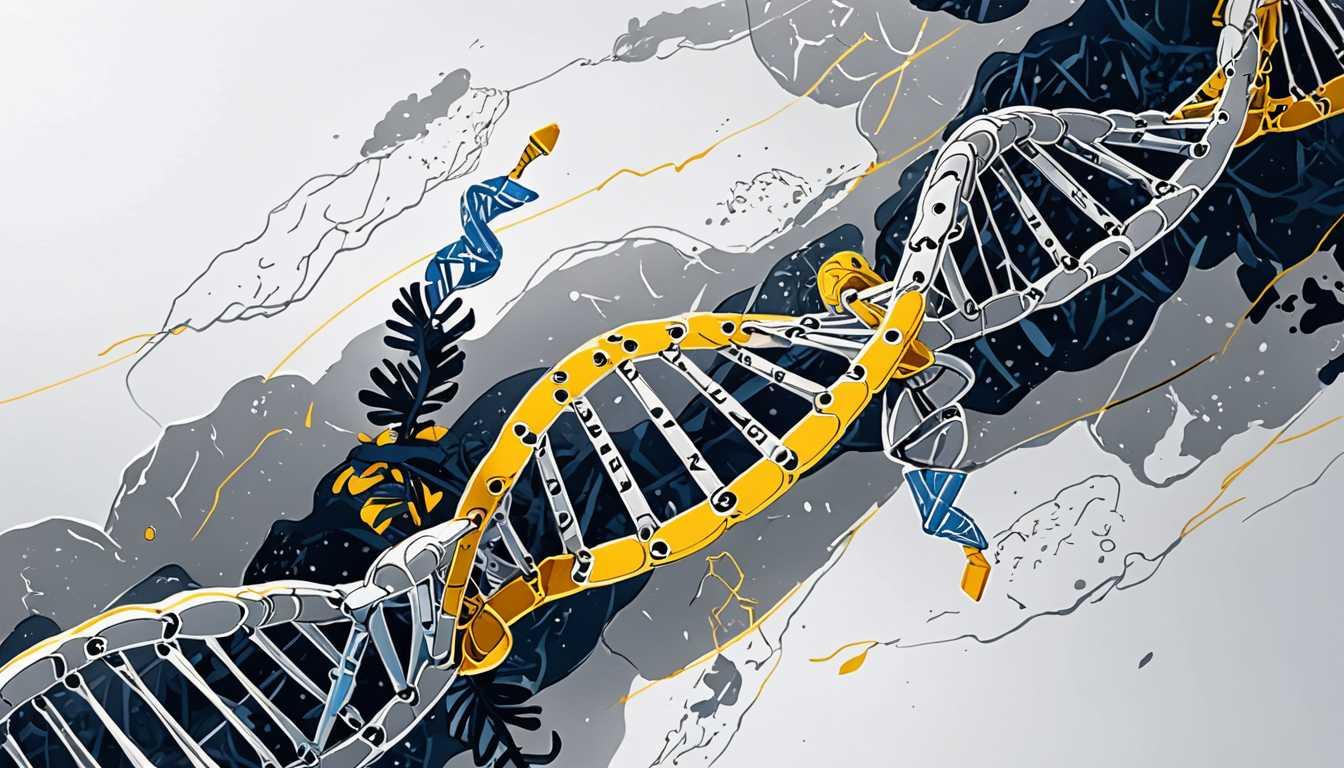CRISPR's Promise: A Father's Fight
December 2023
MIT Technology Review
Introduction
Dive into a life-changing journey with an article from MIT Technology Review, where a new gene-editing drug for sickle cell disease turns despair into hope. Imagine opening an envelope that holds the key to a future free from chronic pain and the fear of leaving your family too soon. This isn't just science fiction; it’s the real-life experience of a father who became one of the first to receive a CRISPR-based treatment. His story isn’t just about the science—it’s about the battles, both personal and societal, that come with pioneering treatments. Get ready to be inspired by a tale of resilience, the promise of groundbreaking medicine, and the hurdles that still lie ahead.
READ FULL ARTICLEWhy It Matters
Discover how this topic shapes your world and future
Unraveling the DNA of Hope
Imagine living with a disease that shapes every aspect of your life, from your daily routine to your dreams for the future. Now, picture a breakthrough treatment that offers not just relief but a potential cure. This is the reality for those living with sickle cell disease, a condition that has long been a source of pain and limitation. The development of gene-editing drugs, like exa-cel, represents a beacon of hope, not just for individuals, but on a global scale. It challenges us to rethink the boundaries of medicine, confront ethical dilemmas, and address inequalities in healthcare access. For you, this story isn't just about science; it's about human resilience, the quest for equity, and the power of innovation to change lives. It's a glimpse into a future where diseases might no longer dictate life's limits, inspiring you to imagine the possibilities of science and technology in solving the world's most pressing problems.
Speak like a Scholar
Gene Editing
A technique that allows scientists to change an organism's DNA, precisely targeting and modifying specific genes to correct mutations or alter gene function.
Sickle Cell Disease
A genetic disorder where red blood cells, which carry oxygen throughout the body, are shaped like sickles or crescent moons, leading to blockages, pain, and organ damage.
CRISPR
A revolutionary gene-editing technology that acts like molecular scissors, enabling precise edits to DNA to correct genetic defects or modify genes in living organisms.
Clinical Trial
A research study that tests new medical approaches in people to determine their safety and effectiveness.
Hemoglobin
A protein in red blood cells that carries oxygen from the lungs to the rest of the body. Mutations in hemoglobin can lead to diseases like sickle cell.
Stem Cells
Cells with the unique ability to develop into many different types of cells in the body. They can be used in treatments to replace damaged or diseased cells.
Independent Research Ideas
The Ethics of Gene Editing
Explore the moral implications of altering human genes. Can we draw a line between therapeutic use and enhancement? What are the potential societal impacts of gene editing becoming mainstream?
Global Health Inequities and Gene Therapy
Investigate how access to emerging treatments like gene therapy varies around the world and the factors contributing to these disparities. Consider economic, political, and infrastructural challenges in different regions.
The Evolution of Sickle Cell Treatment
Trace the history of treatments for sickle cell disease, from early interventions to the latest gene-editing technologies. How has our understanding of the disease and its management changed over time?
CRISPR’s Potential Beyond Human Health
Beyond treating diseases, CRISPR technology has vast applications in agriculture, bioengineering, and environmental conservation. Explore these possibilities and their implications for society.
Patient Advocacy in Medical Research
Examine the role of patients and patient advocates in driving research, influencing policy, and ensuring that treatments meet the real needs of those they're intended to help. How can patient advocacy shape the future of healthcare?
Related Articles

DNA Superheroes Against HIV Revealed
August 2023
University of Cambridge

Tiny Gene, Big Impact: A Genetic Breakthrough
June 2024
University of Bristol

Smile Restored: A Medical Marvel
October 2023
Harvard University

Estrogen and Binge Drinking: What’s the Link?
January 2025
Cornell News Highlights

Rethinking Race in Heart Health
December 2023
Cornell University